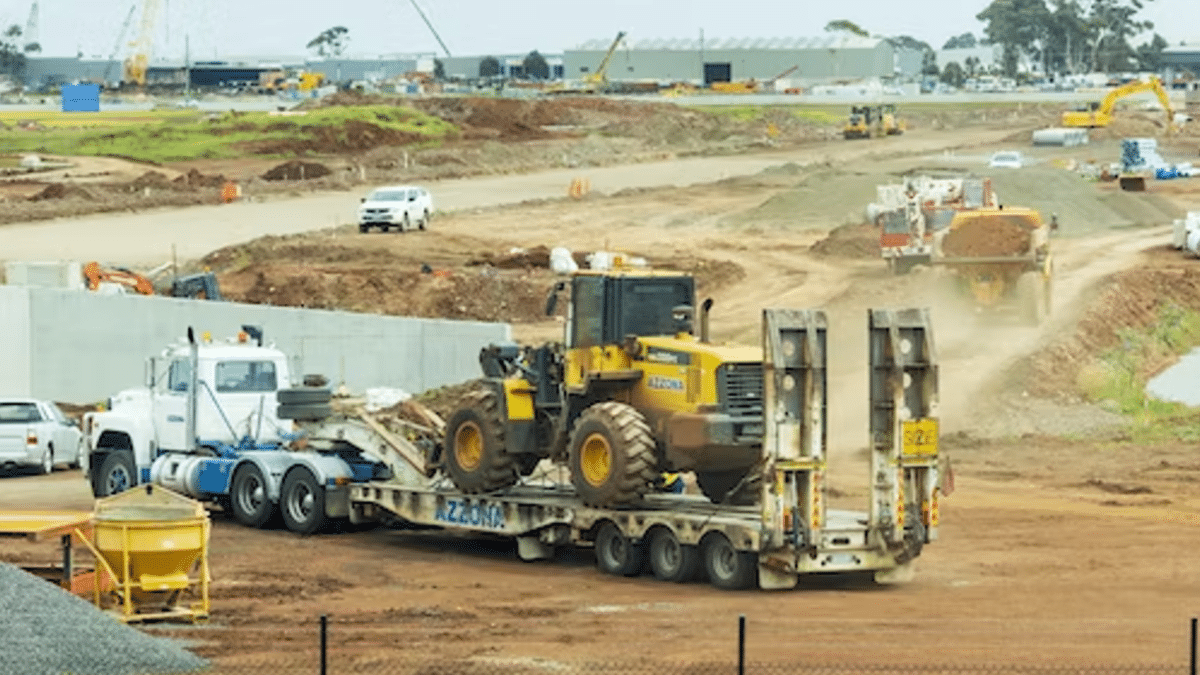There’s a considerable amount of planning that goes into organising a construction project, no matter how big or small. One of the more significant aspects to consider is whether to rent or buy the machinery needed.
For many project managers and business owners, this is a no-brainer since they prefer the convenience of crane hire Melbourne companies have come to depend on. The option to rent everything from a small power drill to a giant tower crane has made it possible for small to medium companies to compete with their giant competitors.
But do consider the following when making your decisions on renting and buying.
Contents
Rent or Buy—How to Choose the Best Option For Your Next Job
Despite the simplicity and flexibility of machine hire, there are still business owners who prefer to buy the machinery they need. For the most part, these decisions are influenced by project lengths and potential frequency of use.
If you’re currently weighing up the options of buying vs renting, we urge you to keep reading. Our experts have listed the most crucial factors you should consider.
1. Assess Your Financial Situation
As a construction business owner, it may seem very appealing to own your own fleet of heavy-duty machinery. However, before leaping forward with that train of thought, you should consider your company’s current and future financial situation.
Can your current profits cover the projected costs of owning machinery? Keep in mind that you will need funds to cover the deposit or initial payment as well as the monthly instalments if you’re not paying cash. Furthermore, you will need funds to cover the following costs related to ownership:
- Storage
- Insurance
- Maintenance
- Licensing
- Fuel
- Transportation to and from different sites
Renting on the other hand, circumvents all these costs as the ownership and maintenance costs are covered by machine or plant hire companies.
2. Determine the Frequency of Use
It isn’t always easy to assess how often you’ll use a particular piece of equipment. After all, construction jobs all differ. There are however many types of machinery that you will only use for specialised jobs.
A good example of this is an asphalt paver. If your typical contract doesn’t involve levelling surfaces, then it doesn’t make sense to invest in this type of machine. In this instance, hiring would be a better option. However, it will make more business sense to purchase a piece of machinery that you’re going to use often for long-term projects.
3. Review the Transport and Storage Costs
It’s one thing to own a bunch of machinery that proves your company has the capital to own an impressive fleet. However, have you given thought to where you will store even one machine?
Aside from storage, there’s also the general transportation of the machine. This is especially the case when the model in question can’t be driven itself or its transportation is restricted by specific road regulations in your state.
In this instance, rental is often a better option as the plant hire company will oversee reliable storage as well as transport to and from the site. This is one of the options that make the crane truck hire Melbourne companies resort to, so popular.
4. Consider Potential Costs of Upgrades or Technology Updates
If you’re going to buy equipment, it makes sense that you’re going to buy the most advanced version your budget can afford. In many instances that means buying a model that requires regular system updates or upgrades. These will be essential to keep your company competitive in the current market. Factor these costs into your initial purchase price and keep in mind that they may change over time.
Opting to rent these types of machines will mean you have more access to the latest models, with all the relevant updates and upgrades. It also means that you won’t end up with an outdated model in your fleet that slows down production.
5. Maintenance Costs Can Mount Up
If you’re going to spend a considerable amount of money on a machine, a maintenance plan needs to be part of the package. Over time, maintenance costs can increase and may also mean that it becomes harder to find the right parts for older models.
Having a machine out of commission for maintenance also puts a halt to the workflow. When you rent, factors such as spare parts and maintenance costs aren’t your problem. Additionally, your plant hire company will also ensure that you have a machine ready for use, even if there’s a breakdown, avoiding potential downtime.
Final Thoughts
Essentially, whether you rent or buy comes down to what works best for your long-term situation. Many new construction company owners often opt to rent until their company is established in the industry. That usually gives them a clearer indication of the types of jobs they’ll do more of as well as the general duration of each project type.
No matter the option you choose, give yourself the peace of mind of making an informed decision!

